From Molecules to Organisms: Structures and Processes

Educators and Parents, Sign Up for The Cheat Sheet
Weekly updates to help you use Science News Explores in the learning environment
Thank you for signing up!
There was a problem signing you up.
-
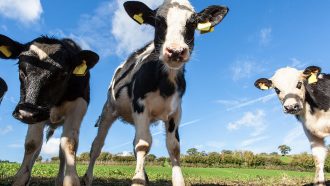 Animals
AnimalsAnalyze This: Cows burp less methane after early-life treatment
Calves that receive the 14-week treatment belch less of the greenhouse gas, possibly due to shifts in their gut microbes.
-
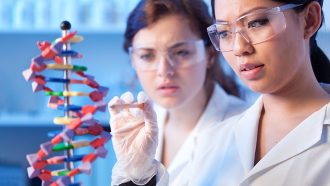 Genetics
GeneticsLet’s learn about DNA
DNA is made of two chemical chains twisted around each other. It stores information that allows cells to grow and function.
-
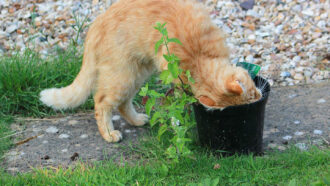 Plants
PlantsScientists may have finally found how catnip repels insects
The plant deters mosquitoes and fruit flies by triggering a chemical receptor that, in some animals, senses pain and itch.
-
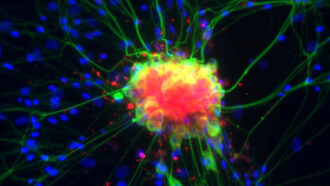 Brain
BrainScientists Say: Neuron
Neurons are the foundational cells in the nervous system. They pass along and process information using electrical signals.
-
 Health & Medicine
Health & MedicineTeen depression linked to how the brain processes rewards
Depression in teens alters their brains’ pathways in ways that may put those kids at risk of lifelong mental-health problems — unless they get help.
-
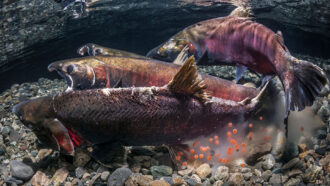 Life
LifeScientists Say: Egg and sperm
An egg or a sperm cell contains half of the normal genes an organism needs. They fuse together to form a new individual.
-
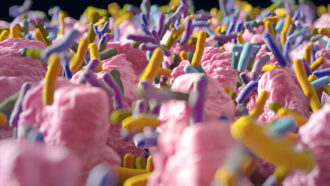 Microbes
MicrobesSome microbial hitchhikers may weaken body’s attack on COVID-19
New research identifies an altered mix of microbes in the body — ones commonly seen in people with poor diets — that may worsen coronavirus disease.
-
 Brain
BrainActive bodies build stronger brains
Aerobic fitness and physical activity correlate with widespread brain health in adolescents, according to a new imaging study in England.
-
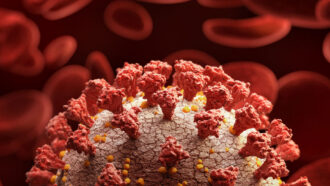 Health & Medicine
Health & MedicineSome young adults will volunteer to get COVID-19 for science
Researchers will soon give some healthy people the new coronavirus. Their young volunteers have agreed to get sick to speed coronavirus research.
-
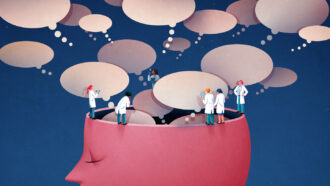 Science & Society
Science & SocietyNew technology can get inside your head. Are you ready?
New technologies aim to listen to — and maybe even change — your brain activity. But just because scientists can do this, should they?
-
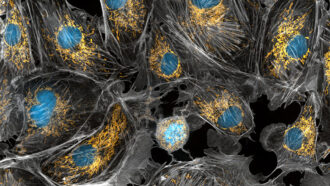 Animals
AnimalsScientists Say: Organelle
An organelle is a part of a cell with a particular function. Like organs. But for cells.
-
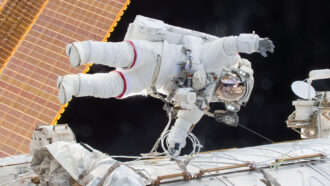 Space
SpaceSpace travel may harm health by damaging cells’ powerhouses
Biochemical changes after going to space suggest that harm to cells’ energy-producing structures, called mitochondria, could explain astronauts’ health issues.
By Jack J. Lee